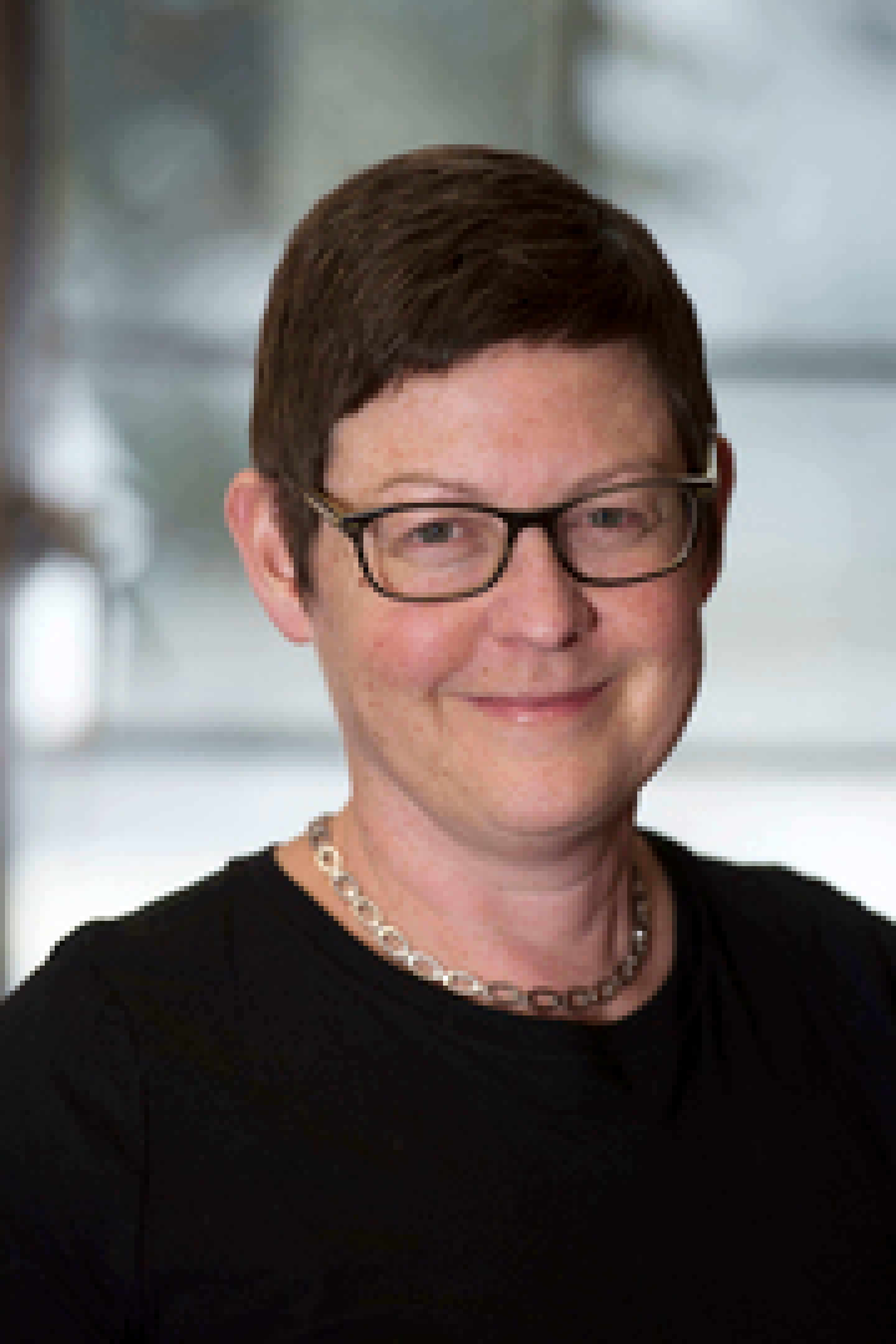Connect with us
With a research program spanning three cities and conducted over a period of five years, Dr Justine Humphry’s recently released book Homelessness and Mobile Communication–Precariously Connected places homelessness and inequality at the centre of digital technology, providing timely insights into an under studied population in mobile communication scholarship.
Mobile communication can lead to a strong sense of being ‘at home’, alongside extreme feelings of vulnerability and powerlessness, revealing the fragility of the mobile as lifeline when there are no alternative options

Speaking at the book launch and seminar on 16 March, Dr Humphry, Senior Lecturer in Digital Cultures in the Discipline of Media and Communications at the University of Sydney, highlighted the challenges faced by homeless communities in a society premised on digital connectivity.
Her research draws attention to the paradox that digital connectivity is now essential to societal inclusion yet also exacerbates social and economic inequalities. This paradox is particularly poignant for homeless people, who both depend on mobile phones as a ‘lifeline’ to services and social networks, but who lack the basic resources needed to afford payment plans or maintain data connectivity.
Providing social and affordable housing will always be the primary solution to homelessness, but Dr Humphrey’s work offers a range of important strategies for supporting people through housing crises by extending access to digital technology

As part of the seminar, Professor Nicole Gurran, director of the University of Sydney’s Henry Halloran Research Trust underlined the importance of this research in examining the intersection between housing studies and digital technologies as well as in advancing practical strategies to assist people in housing need.
This book is required reading for policymakers, tech business and designers, service providers, and citizens alike – indeed anyone concerned with the next frontier of digital society.

Gerard Goggin, inaugural Professor of Media and Communications and author of the book’s foreword pointed to the additional cost burdens faced by homeless people unable to access cost effective plans.
“People experiencing homelessness have been creative, ‘super-users’ of the mobile phone – in ways that have gone under the radar. The mobile phone, then mobile Internet and apps, and now a wide range of mobile communication tools, have been essential services for everyone – but especially homeless people. This makes the digital inequalities experienced by homeless people all the more inexcusable.”
Homelessness and Mobile Communication – Precariously Connected is published by Palgrave MacMillan. The book launch and seminar event were hosted by the School of Art Communication and English in partnership with the Henry Halloran Research Trust. Dr Justine Humphry presented some of her research as part of the Platform Urbanism panel at the 2022 Festival of Urbanism.
Article by Melanie Morrison for the Henry Halloran Research Trust